#theoreticalanarchism
Text

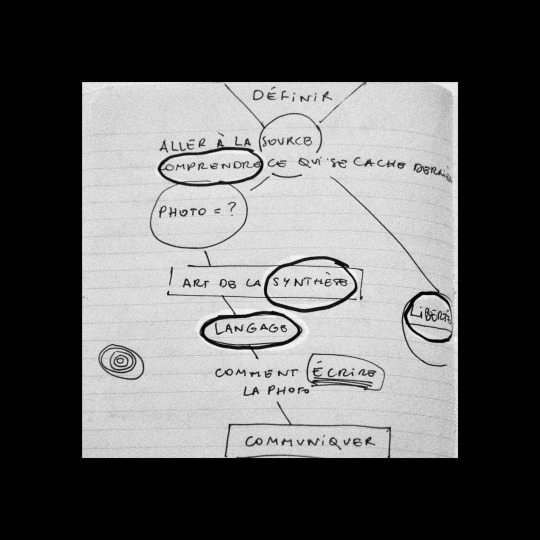
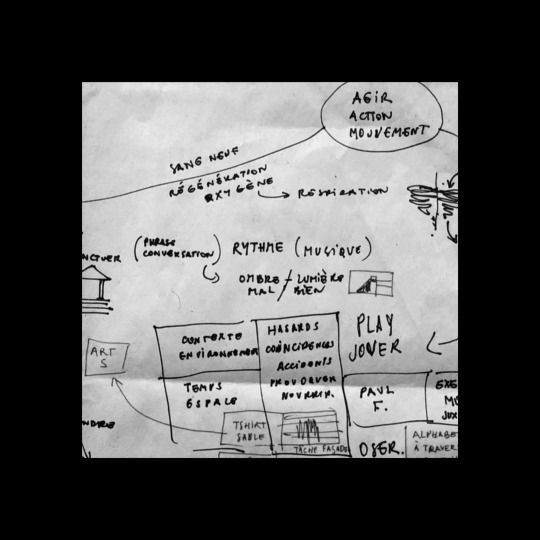
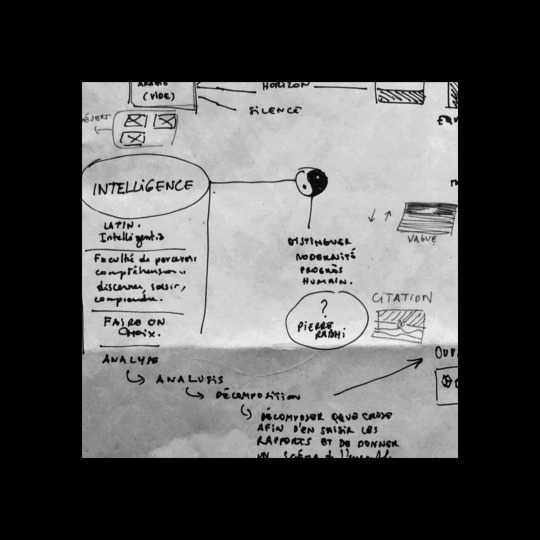
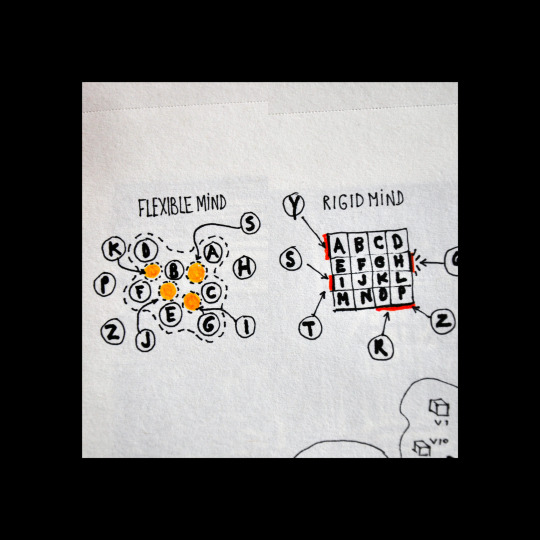
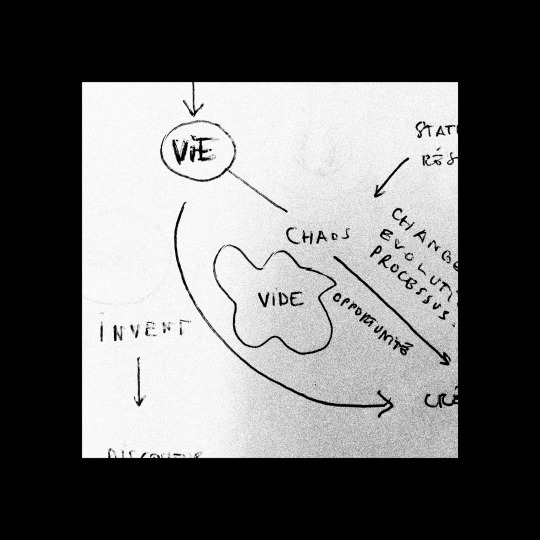
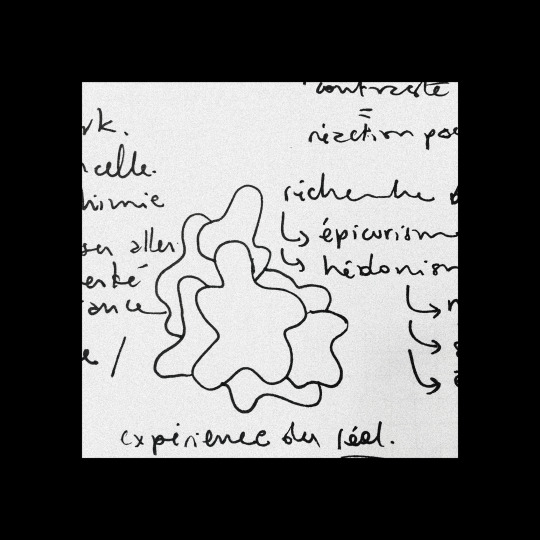
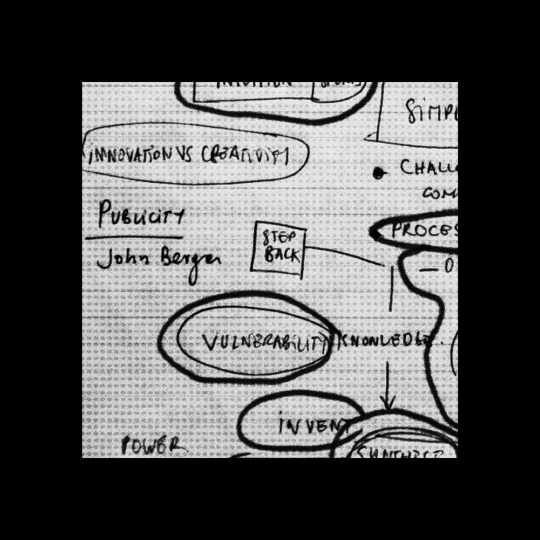
On theoretical anarchism.
How order sometimes keeps us from discoveries, while chaos can lead to groundbreaking ideas.
Paul Feyerabend, for example, described science as essentially anarchistic. Epistemological anarchism is an epistemological theory advocated by P.F. that states that there are no useful and exception-free methodological rules governing the progress of science or the growth of knowledge.
Edward Lorenz, the father of chaos theory, speaks of the two most important ingredients of a brilliant mistake:
1 — Something goes wrong that's far beyond what was previously expected.
2 — New insights arise whose benefits far exceed the costs of the mistake.
Our actions should aim to increase the likelihood of both occurring at the same time.
All mistakes are not created equal. Some have a high cost and offer little learning value, while others cost little and yield deep, valuable insights.
Paul Karl Feyerabend was an Austrian-born philosopher of science best known for his work as a professor of philosophy at the University of California, Berkeley, where he worked for three decades (1958–1989). His major works include Against Method (1975), Science in a Free Society (1978) and Farewell to Reason (1987). Feyerabend became famous for his purportedly anarchistic view of science and his rejection of the existence of universal methodological rules. He was an influential figure in the sociology of scientific knowledge. Asteroid (22356) Feyerabend is named in his honour.
Edward Norton Lorenz was an American mathematician and meteorologist who established the theoretical basis of weather and climate predictability, as well as the basis for computer-aided atmospheric physics and meteorology. His discovery of deterministic chaos "profoundly influenced a wide range of basic sciences and brought about one of the most dramatic changes in mankind's view of nature since Sir Isaac Newton," according to the committee that awarded him the 1991 Kyoto Prize for basic sciences in the field of earth and planetary sciences.
[Images: excerpts from old notebooks from 5-6 years ago].
0 notes